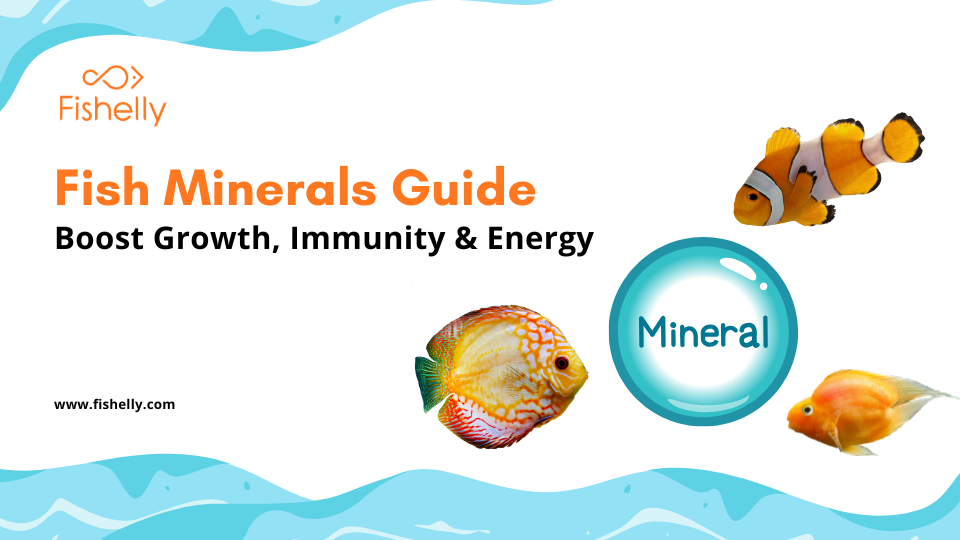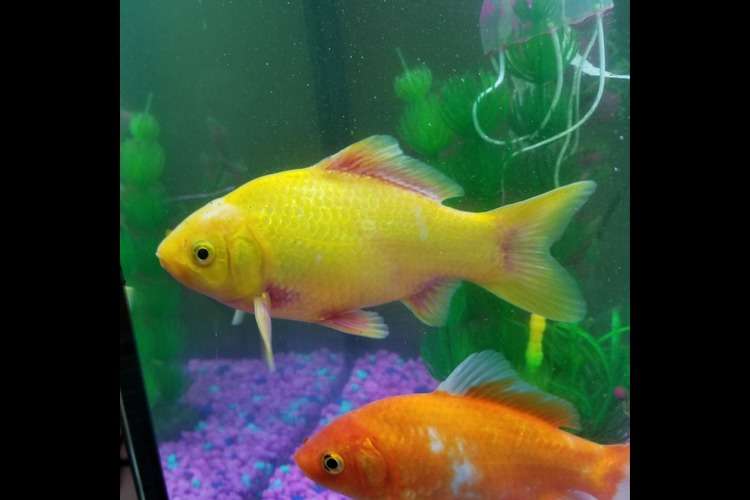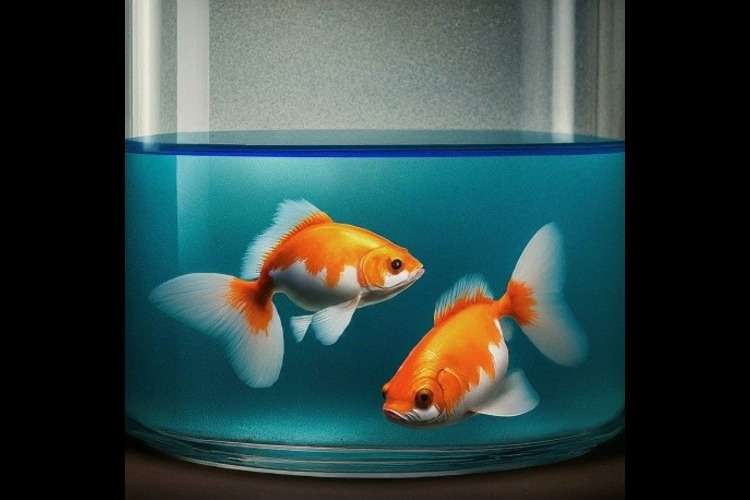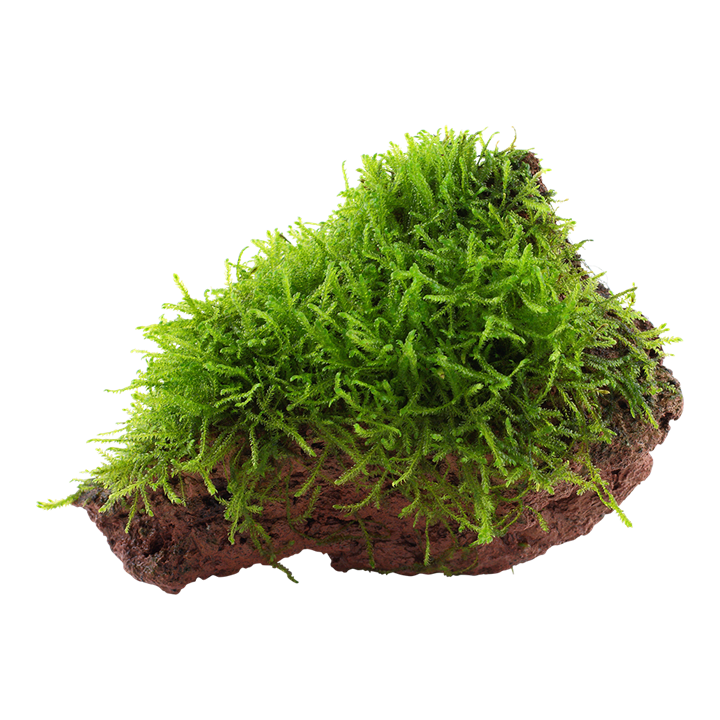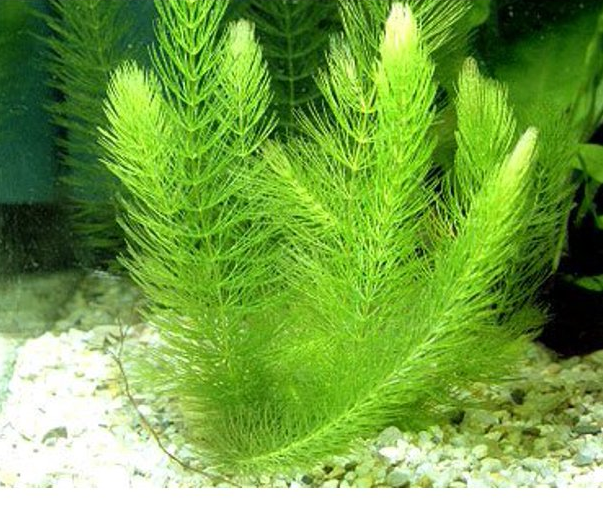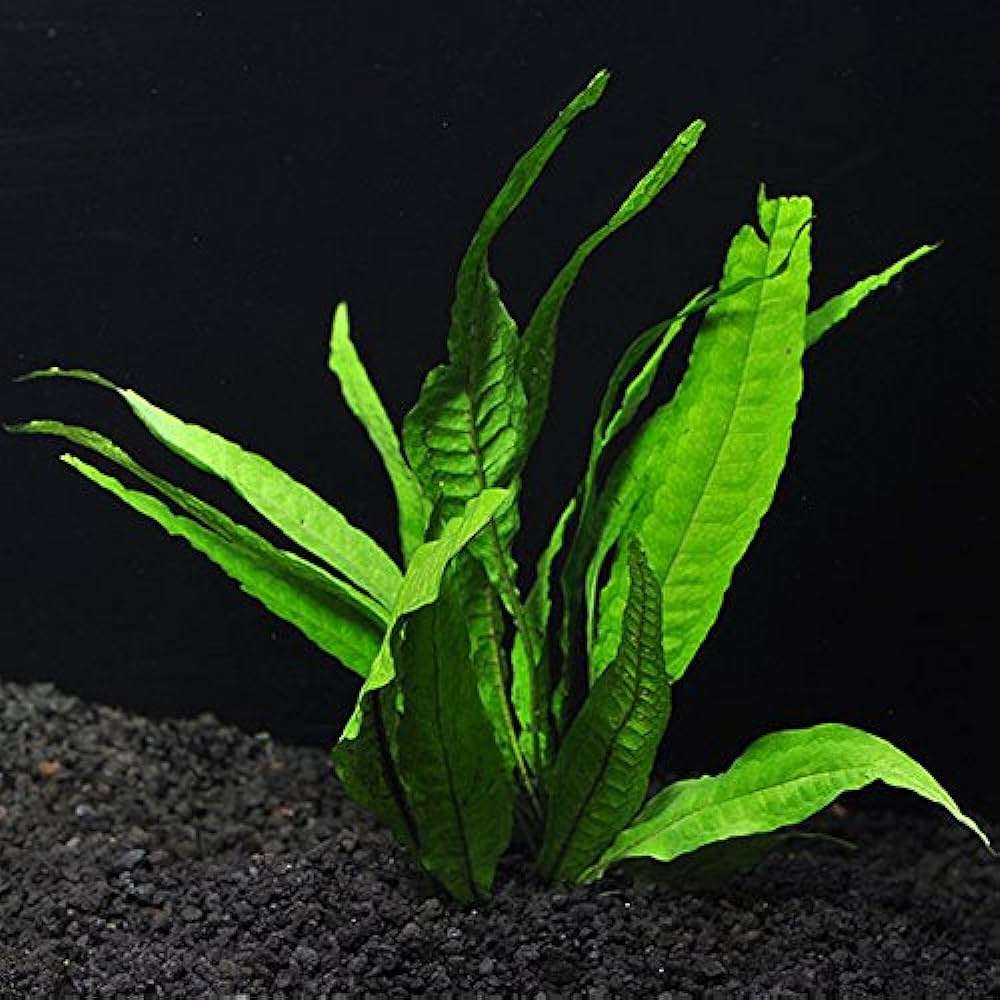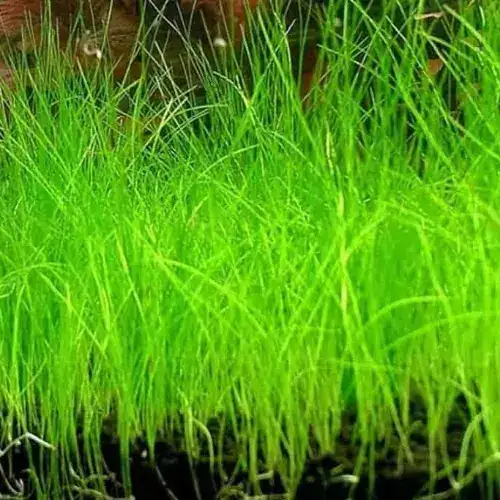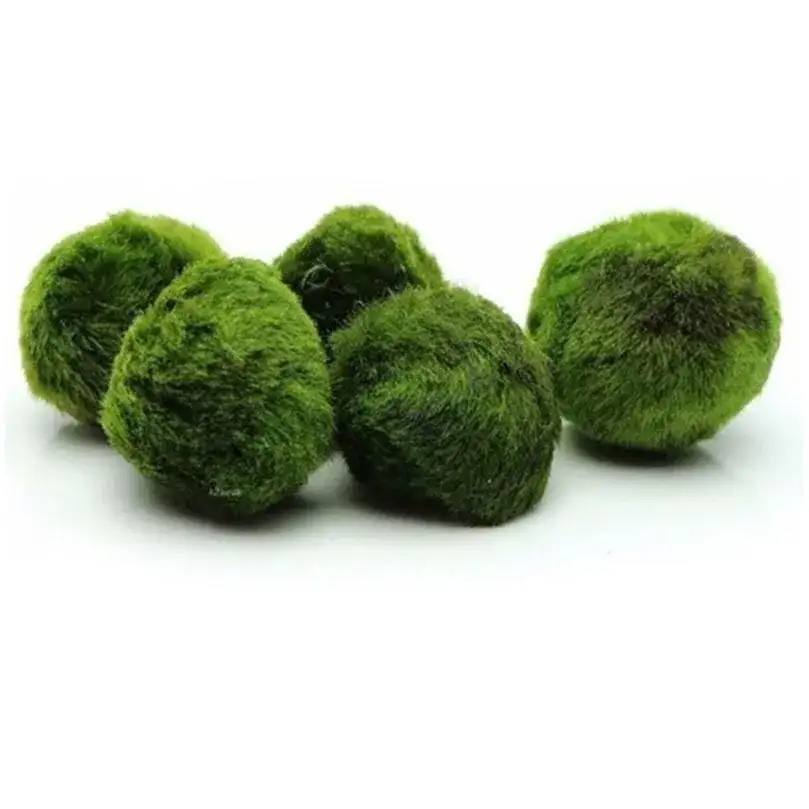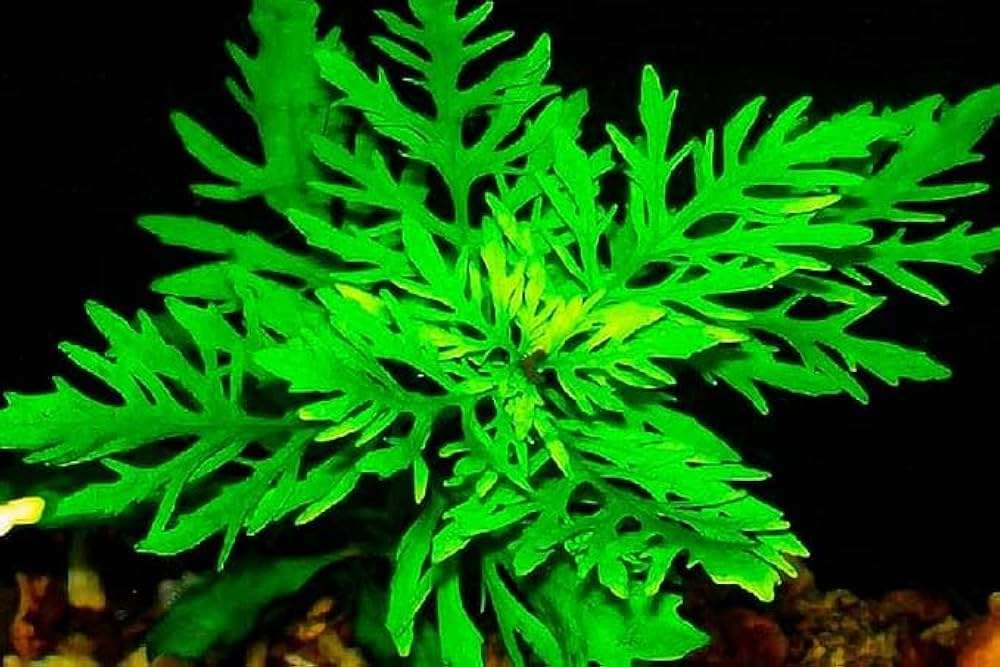Fish Minerals Guide Boost Growth, Immunity & Energy
Learn why calcium, magnesium, potassium, iron, and zinc are vital for fish health. Ensure growth, immunity, and energy with balanced minerals.
Table of Contents
- Calcium – Strong Bones & Healthy Fins
- Magnesium & Potassium-The Energy Booster
- Potassium: For Muscle & Nervous System Health
- Iron & Zinc Minerals for Immunity and Growth
- Zinc - The Defender for Immunity
- Faq
- Conclusion
Taking proper care of fish goes beyond having clean water to feed them properly. Just like humans, fish need some essential minerals for growth, strength, and longevity. Most fish hobbyists think of vitamins, protein, and cleaning their tanks but forget about minerals - the invisible "power boosters" that silently shape the health of your aquarium.
Lacking these important nutrients can affect the bones and fins, immunity, metabolism, and maybe even the lifespan of your fish. Let's learn something more about the specifics, why these minerals are important for your fish, and how you can accommodate them in a balanced manner in your aquarium.
Calcium – Strong Bones & Healthy Fins
Calcium forms the backbone around which the entire framework of the fish is built: the firm, strong bone and scale formations, and muscle contractions. Without adequate calcium, the fish can suffer from:
• Weakened or brittle bones
• Torn or fragile fins
• Reduced growth in young fish
• Lower efficiency of reproduction
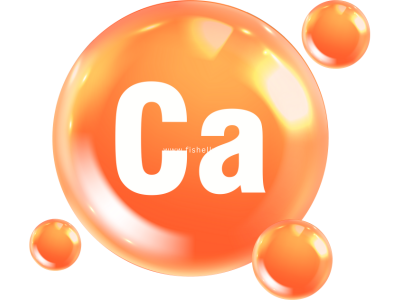
How calcium helps your fish:
• It builds strong bones, scales, and the skeletal apparatus.
• Aids in the repair and regrowth of fins.
• Assists in egg production for breeding fish.
Best Sources of Calcium:
• Use crushed coral or shells (helps raise calcium in water).
• Put limestone rocks into the tank.
• Use mineral blocks made for aquariums.
• Use specific water conditioner for calcium balance.
Tip: Adding a small amount of crushed coral in your filter can naturally boost calcium levels for freshwater very soft water aquariums.
Magnesium & Potassium-The Energy Booster
Magnesium is the Silent Metabolism Regulator
Magnesium mainly acts in energy production, to activate the enzymes, and for the absorption of nutrients. Fish with low magnesium levels show sluggishness and poor digestion coupled with slow growth.
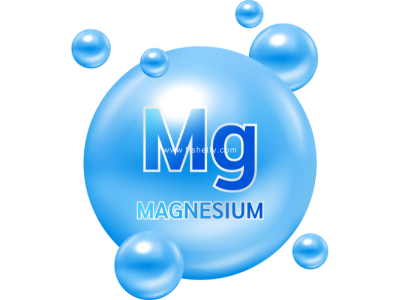
Benefits of Magnesium:
• Sustaining and metabolizing nutrients.
• Mentors in coordinating muscle and nerve actions.
• Increasing resistance to stress.
• Sources of Magnesium:
• Mineral-rich water bodies.
• Green vegetables which include spinach or pea (for herbivorous fishes).
• Mineral supplement for aquariums.
Potassium: For Muscle & Nervous System Health
Potassium is also equally important since it governs muscle movement and nerve signals, as well as the overall functioning of cells. Potassium-deprived fish are often found swimming weakly or unbalanced or even show lowered activity levels.
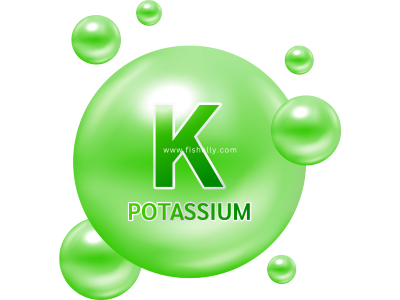
Benefits of Potassium:
• This increases contractions in muscles to help swimming.
• Improves communication through the nervous system.
• Prevents weakness and gives stress for fish.
Sources of Potassium:
• Comes naturally in most waters.
• Fresh vegetables such as zucchini and lettuce.
• High quality pellet and flake food enriched with minerals.
Tip: When the fish are seen slowing down despite having clear water and the best feed, check the possible deficiency of either magnesium or even potassium in the tank water.
Iron & Zinc Minerals for Immunity and Growth
Iron-the Oxygen Transporter
For fishes, iron is a life mineral. It brings oxygen into the blood and tissues. The most common signs associated with iron deficiency are:
• Lack of energy or tiredness
• Decreased appetite
• Poor color
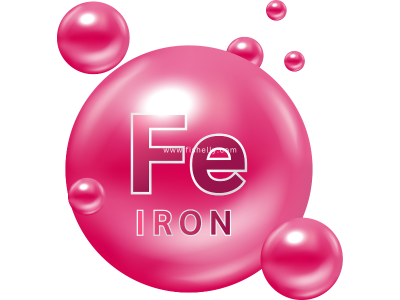
Benefits of Iron:
• Increasing oxygen transport in blood.
• Keep the fish active and healthy.
• Better recovery against illness.
Sources of Iron:
• Leafy greens (like spinach or kale, offered in small doses).
• Bloodworms and other iron-rich live/frozen foods.
• Specialized aquarium supplements.
Zinc - The Defender for Immunity
Zinc is an important mineral in growth, healing of wounds, and immune defence. Fish without sufficient zinc would have slow recovery of injuries, low resistance to infections, and poor growth rates.
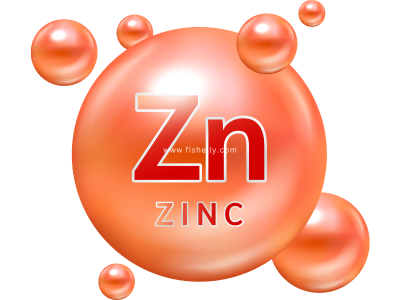
Benefits of Zinc:
• Improves immunity to bacterial and fungal infections.
• Improves tissue and fin restoration.
• Assists growth of reproductive functions.
Sources of Zinc:
• Enriched fish food and flakes.
• Leafy vegetables.
• Water conditioners enhanced in minerals.
Tip: Avoid overdose of zinc as the excess can be detrimental to aquatic life.
Why Do Minerals Mean More than You Think?
When minerals are properly balanced in your aquarium, you notice observable improvements in your fish:
Better Growth: Strong bone, healthy scales, and right development in juveniles.
Strong Immunity: Reduced chances of infection with fin rot and of diseases due to stress.
Brighter Energy: Active swimming, vibrant colors, and better feeding habits.
Longer Lifespan: A well-fed fish would live a healthier and longer life. Just like we need a balanced diet, fish also need mineral balance to thrive.
Faq
1. Why do fish need minerals in their diet?
Minerals like calcium, magnesium, potassium, iron, and zinc are essential for strong bones, healthy fins, energy, and immunity. Without them, fish may face stunted growth and poor health.
2. How can I provide calcium for my fish?
You can add crushed coral, shells, limestone, or mineral blocks to your tank. Many enriched fish foods also contain calcium.
3. What happens if fish don’t get enough magnesium or potassium?
Fish may become weak, show poor swimming ability, and appear sluggish due to low energy and poor muscle function.
4. How do iron and zinc help fish?
Iron improves oxygen transport and energy levels, while zinc boosts immunity, growth, and tissue repair.
5. Can I give vegetables to my fish for minerals?
Yes, small amounts of spinach, peas, zucchini, or lettuce can provide natural minerals, especially for herbivorous fish.
6. Do I need to buy mineral supplements for my aquarium?
Not always. Many quality fish foods are enriched with minerals. However, in soft water tanks or specialized setups, supplements may be helpful.
7. How do I know if my fish are lacking minerals?
Signs include weak bones, dull colors, sluggish movement, torn fins, or poor growth. Regular observation helps spot deficiencies early.
Conclusion
Hidden foundation that fish health bases itself upon: strong bones and fins boost immunity, energize the fish, and help build up its whole vitality. Similar to mammals, fish also need a balanced supply of calcium, magnesium, potassium, iron, and zinc for proper growth, fighting diseases, and living longer. When ensuring those essential minerals are present in their fish tank via natural sources, enriched foods, or supplements, it's then possible to provide an environment where the fish remain active, vibrant, and healthy throughout their lives.
